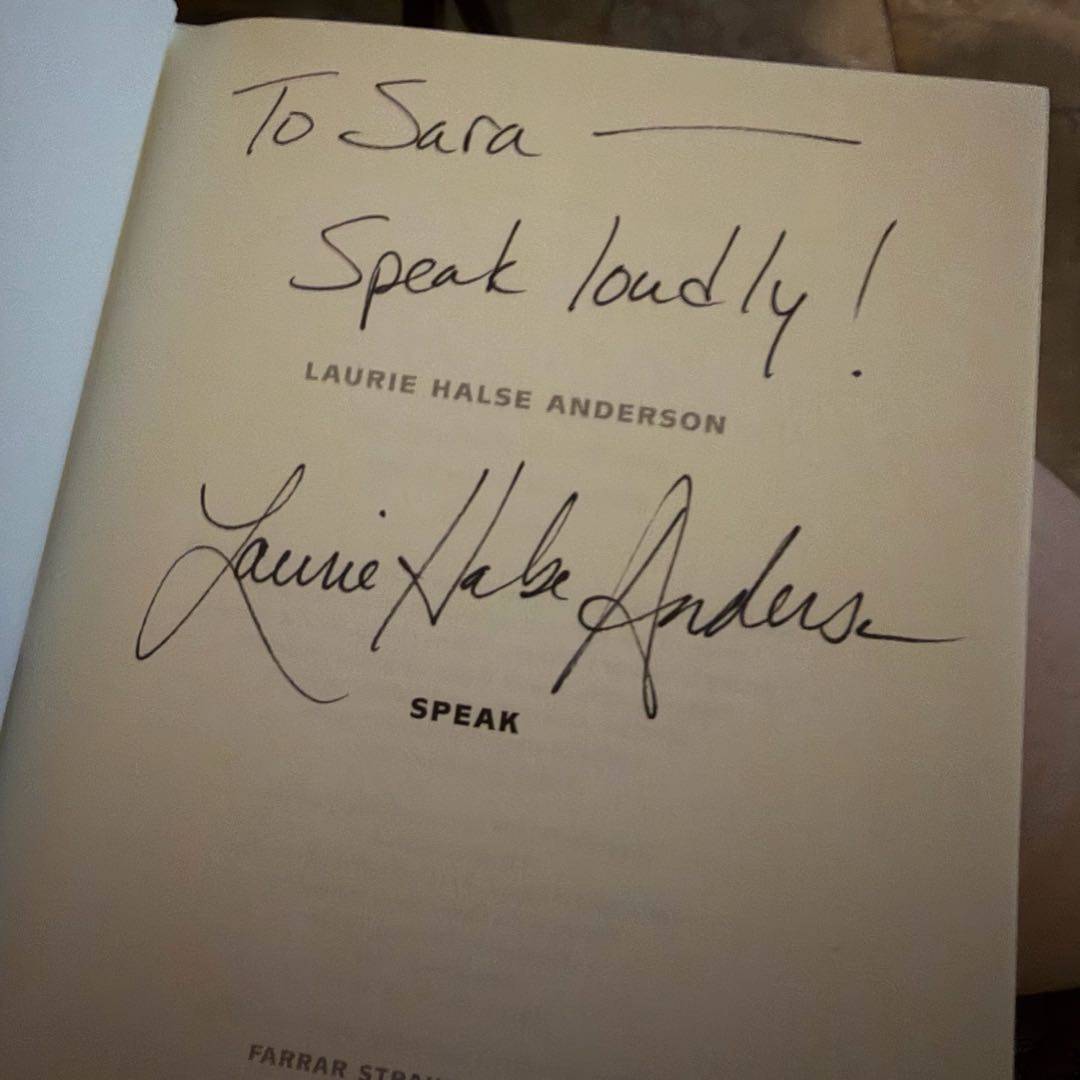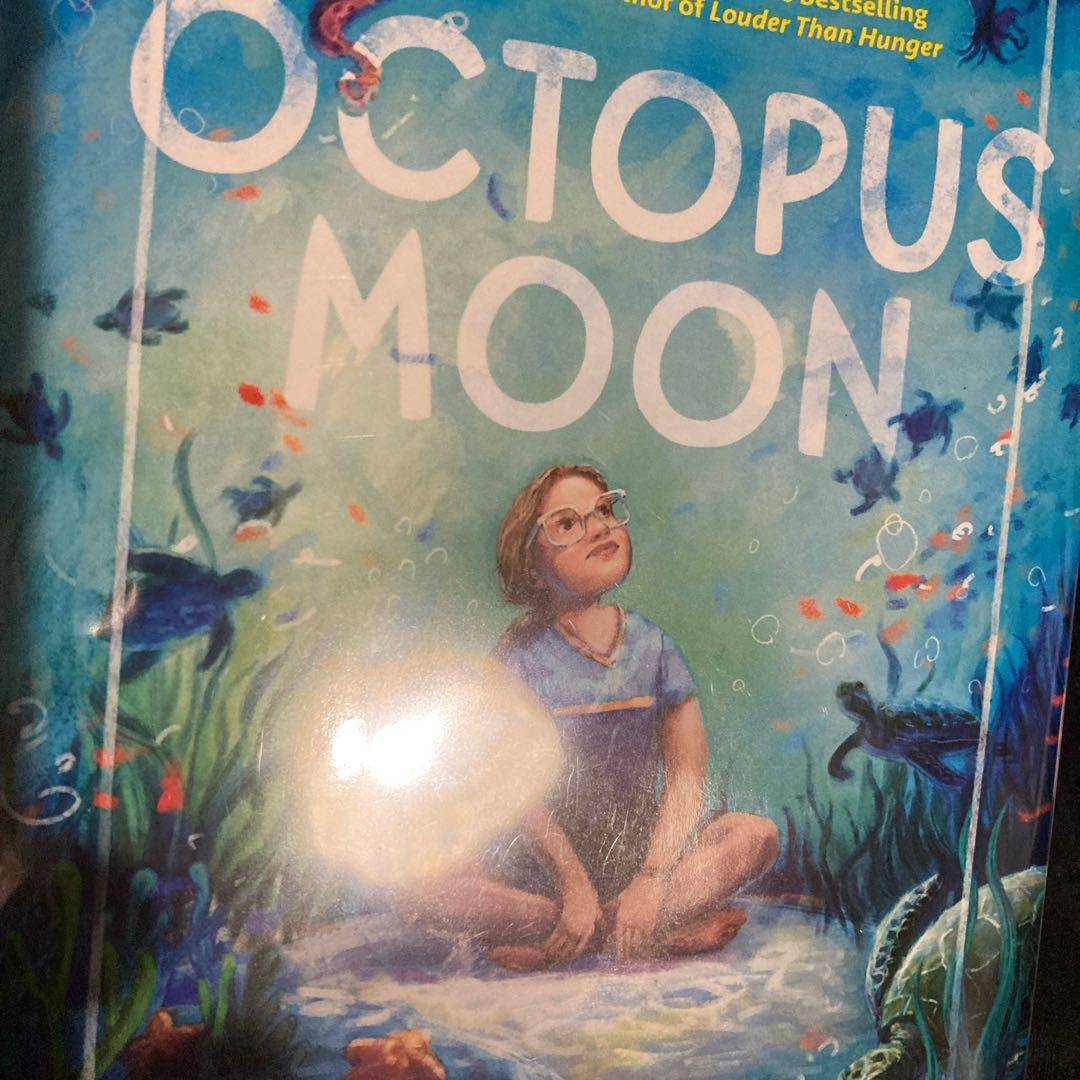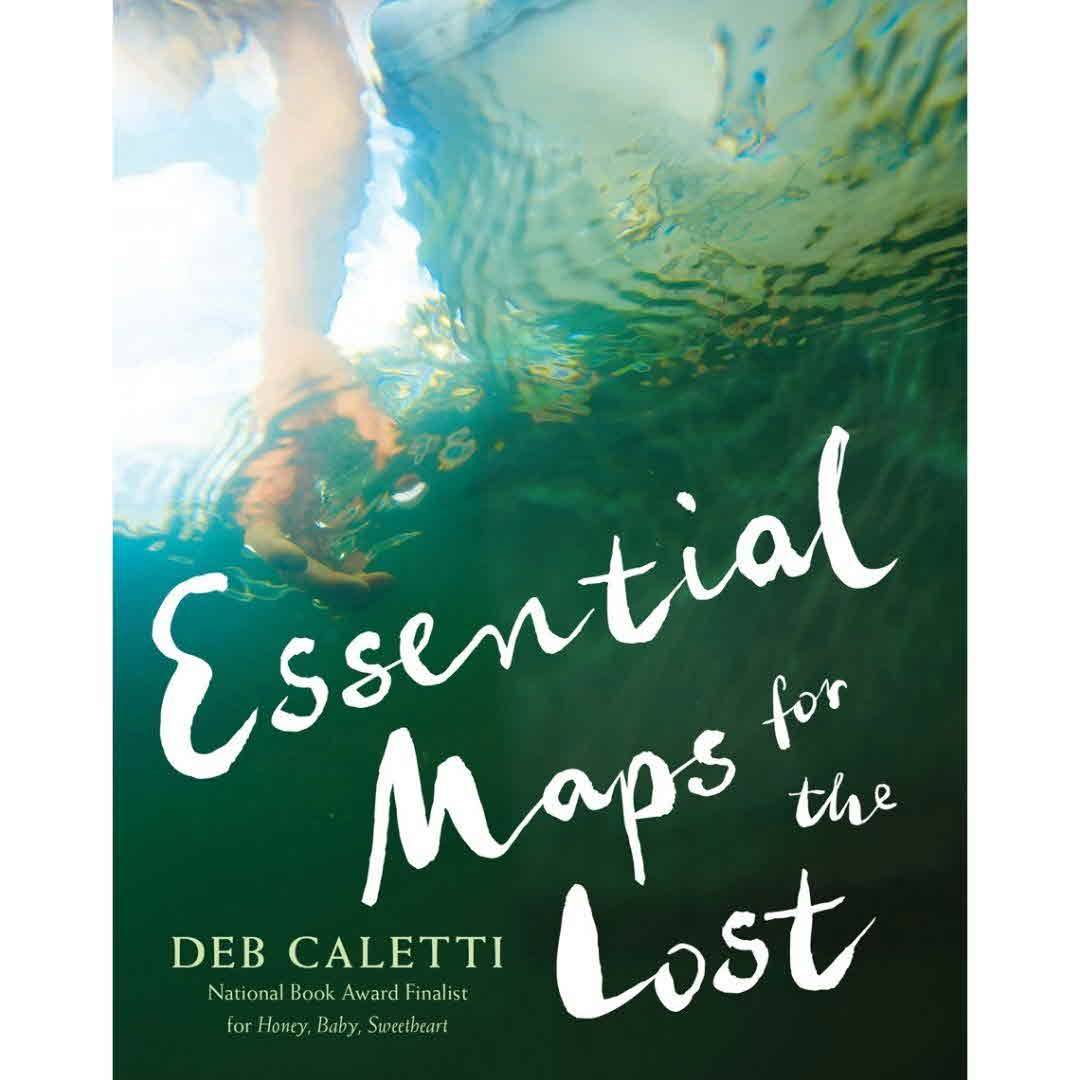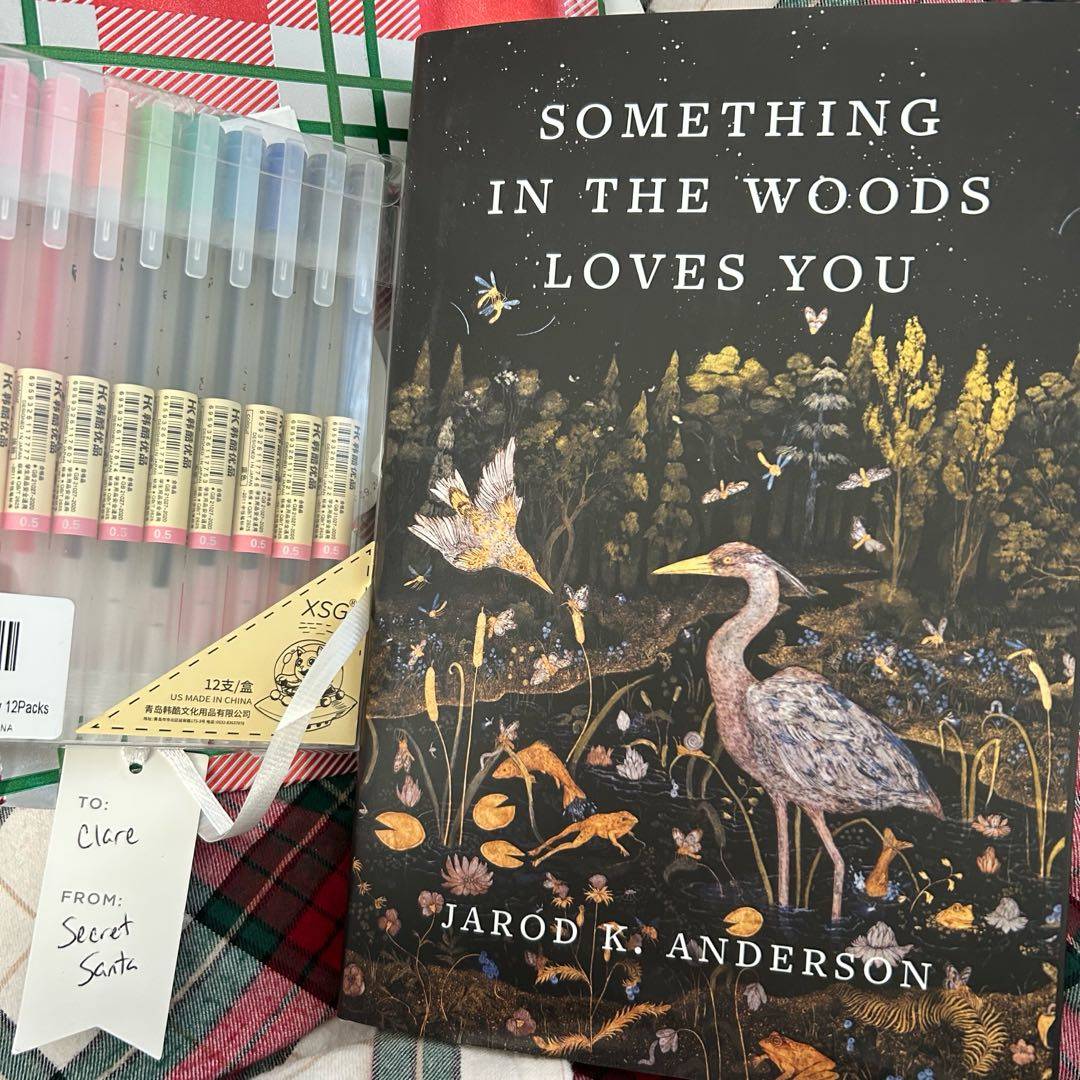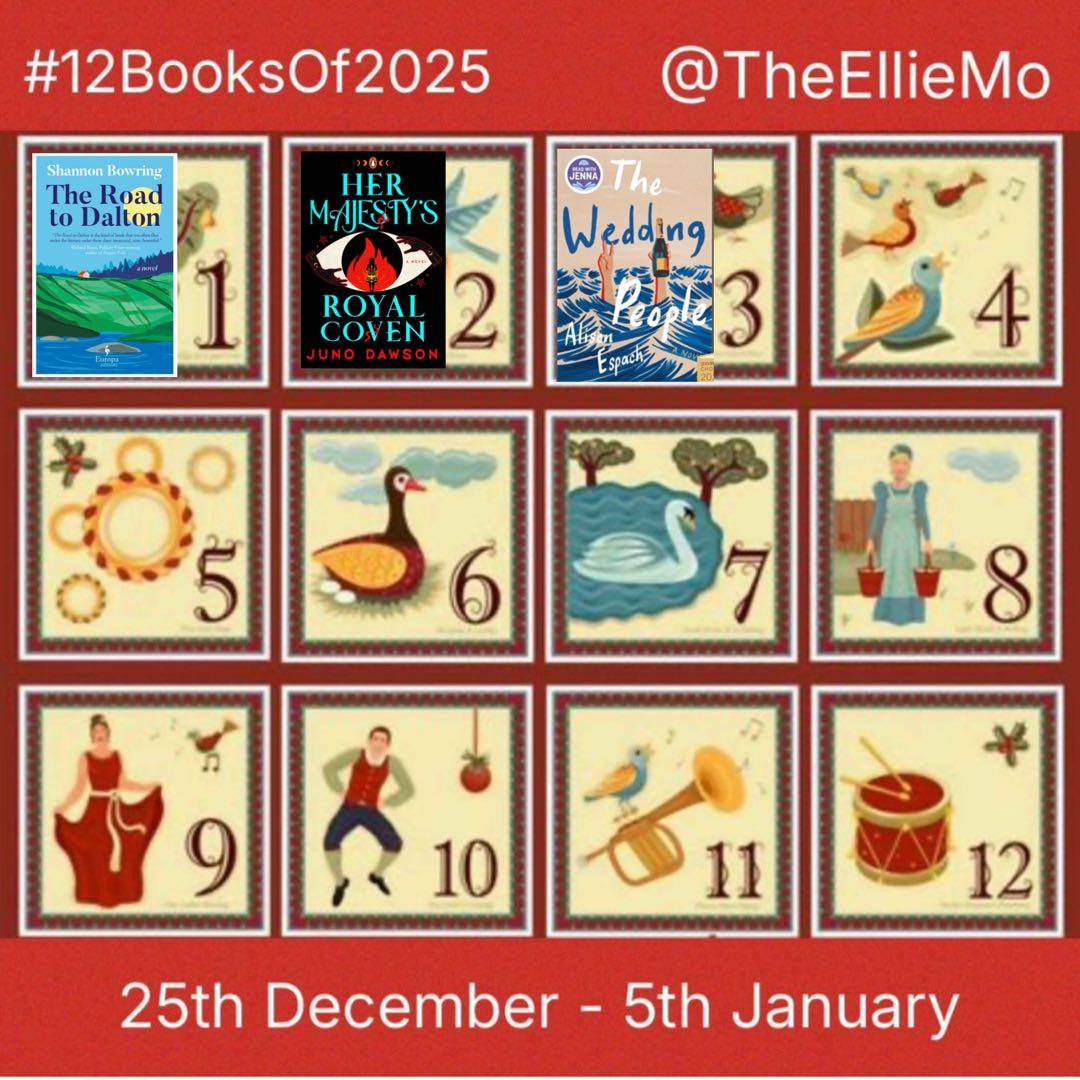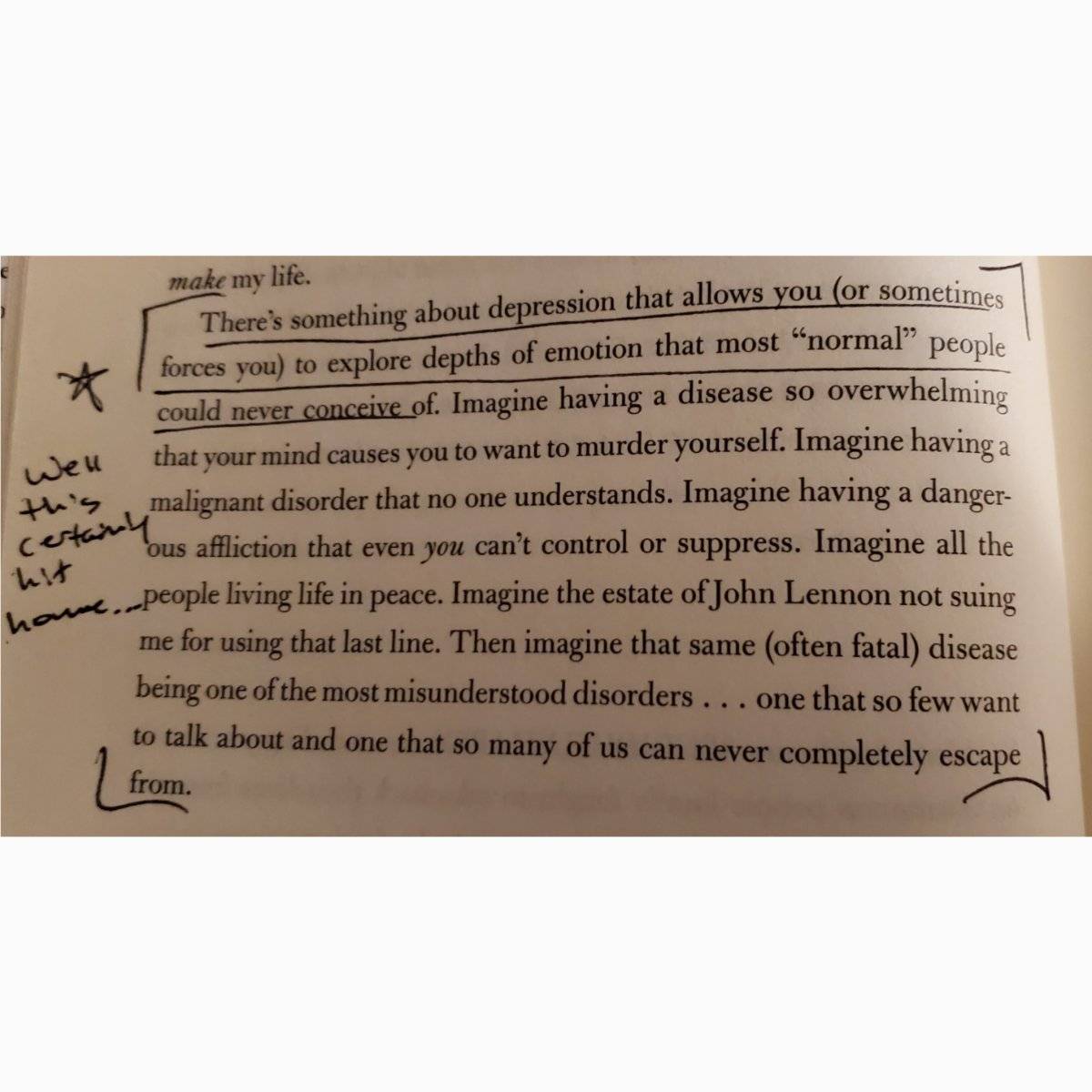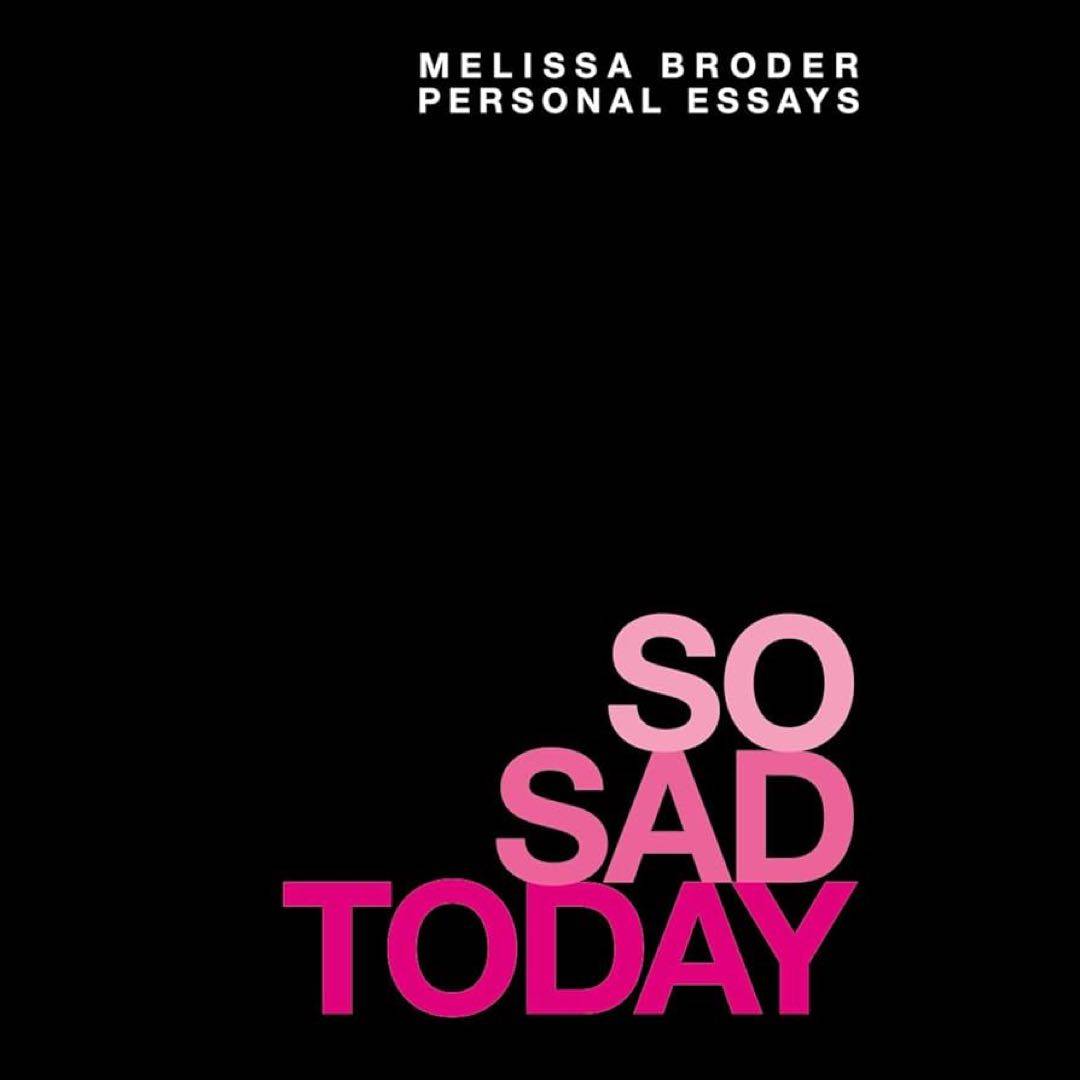
I picked this up on the personal recommendation of a bookseller, who loved it, and because the author‘s novel, Death Valley, was one of my favorite reads last year. All I can say is… this will not be one of my favorite reads this year. 🙈
I suspected it might be too much (and too gross) for me after the first two essays, about consuming your own bodily secretions and working for a tantric sex nonprofit, respectively.👇🏻













